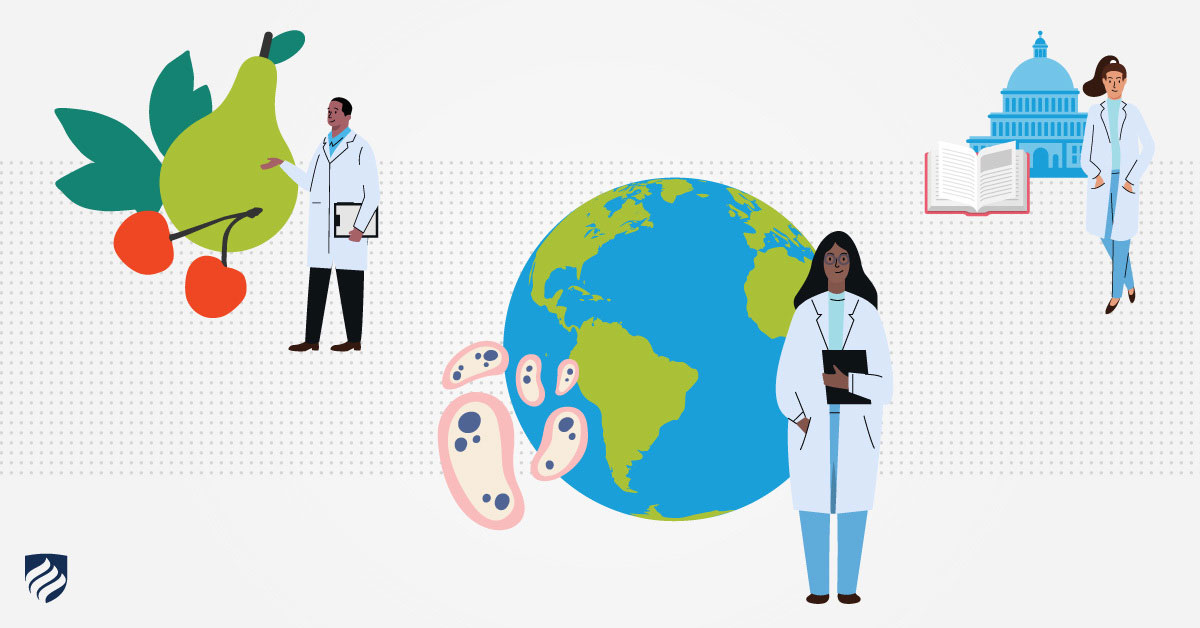
Public health is the study of improving the health of people within a community. It involves conducting scientific research in order to regulate health systems and provide wider access to health care services. Public health has many different facets, including reducing environmental hazards, implementing safety protocols, and navigating public health concerns. So, what does charity have to do with public health? Is there a correlation between the two? Does a career in public health mean that you’ll be working with charities or nonprofit organizations? Learn about why charity is important for overall public health and understand the correlation between the two below.
Charity helps the next generation understand more about society.
One reason why charity is important for public health is the fact that it teaches younger generations more about society. An example of this would be the Alzheimer’s Association. They educate the public about Alzheimer’s disease and host a local walk every year that goes toward raising awareness and collecting funds for Alzheimer’s research. It is held annually in over 600 communities and is the world’s largest event to fight Alzheimer’s. You see, this disease doesn’t have a cure, and there are only a few ways to delay the progression. This is one instance of charity helping the next generation learn more about our society.
It protects overall public health.
Charities make it easier for the public to get access to information about health and safety. Public health sectors and charities work hand in hand in order to protect communities from infectious diseases, contaminated water, and other environmental threats. If you’re interested in pursuing a degree in Bachelors public health, you’ll learn all about the science of preventing disease. The online program at the University of Cincinnati is all about conducting research and learning about health systems available in local communities. A public health major will gain the knowledge to help improve other people’s quality of life through health and social science.
Charity reduces poverty and makes health care accessible.
One of the most important reasons why charity is important to public health is because charity organizations make health care a lot more accessible. Communities can access health programs and services through nonprofit or charity organizations. Some communities have trouble accessing preventative health services such as dental care, reproductive care, or vaccinations. When these communities are neglected, it poses an overall danger to public health. This field is all about doing what’s best for the overall community, especially underserved populations.
There are a number of areas that charities target and improve.
Charity is important to public health because it covers various aspects of health. There’s epidemiology, which studies the way in which new viruses spread. Infectious disease control is an important sector for public health in order to prevent outbreaks and other health crises. There’s the sector of environmental health that examines infrastructure, as well as the nutritional, educational, recreational, and health resources that a specific area needs. Biostatistics is all about analyzing patient data to understand patterns. Perhaps a public health professional might examine HIV infection rates in a specific region. Health policy is another aspect of this field. It’s all about influencing public policy and leadership. Charitable organizations can influence leaders to create change within their communities.
As you can see, charity is important for public health because it relates to providing medical care, disease prevention, housing, and even nutrition. There are health disparities throughout the United States, and some underserved populations aren’t getting the access they need to improve their quality of life. When you work in public health, you work in conjunction with charities to bring attention to the most serious issues within your area and improve equity and equality.






